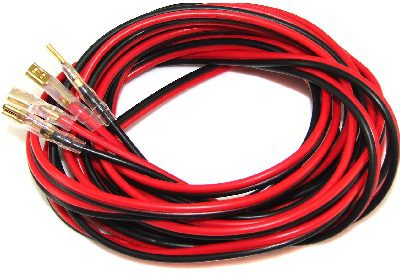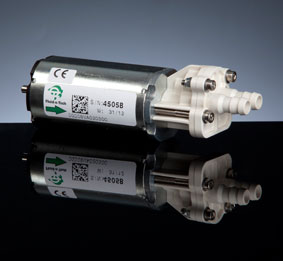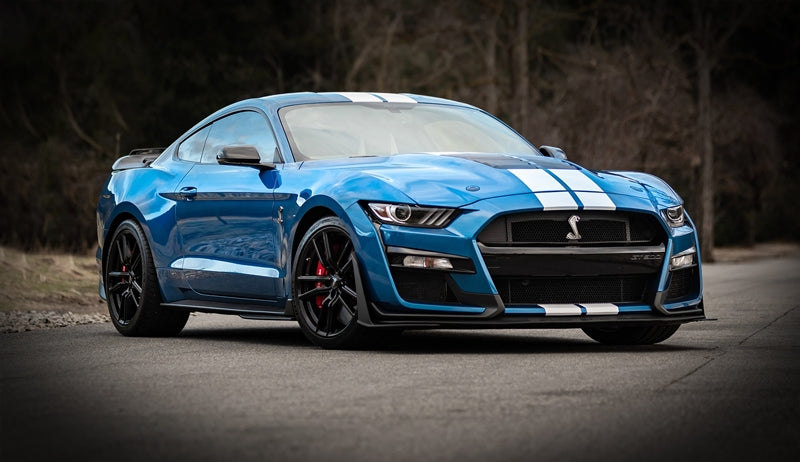Car Electrical Wire Connectors Everything You Need to Know
Car electrical wire connectors are an essential component of any vehicle's wiring system. These connectors allow for the efficient transfer of electricity between various components, ensuring that your car runs smoothly and reliably. In this article, we will discuss everything you need to know about car electrical wire connectors, including their types, functions, and common issues.
Types of Car Electrical Wire Connectors

There are several types of car electrical wire connectors, each with its own unique characteristics and uses. Some of the most common types include:
Crimp Connectors
Crimp connectors are one of the most popular types of car electrical wire connectors. They are made of a metal barrel with a plastic insulation sleeve and are used to connect two wires together. These connectors are easy to install and provide a secure and reliable connection.
Insulated Crimp Connectors
Insulated crimp connectors feature a plastic insulation sleeve that covers the entire connector, providing protection against moisture and corrosion. These connectors are commonly used in areas where there is a risk of exposure to water or other liquids.
Non-Insulated Crimp Connectors
Non-insulated crimp connectors do not have a plastic insulation sleeve and are typically used in dry environments. They are more affordable than insulated crimp connectors, but they are not suitable for use in areas with high levels of moisture.
Butt Connectors
Butt connectors are used to connect two wires end-to-end, creating a secure, permanent connection. These connectors are available in insulated and non-insulated versions and are commonly used in automotive wiring systems.
Heat-Shrink Butt Connectors
Heat-shrink butt connectors feature a heat-sensitive adhesive inside the connector, which creates a watertight seal when heated. These connectors are ideal for use in areas where there is a risk of exposure to moisture.
Solder Seal Butt Connectors
Solder seal butt connectors are a type of heat-shrink connector that uses solder to create a strong and reliable connection. These connectors are popular in automotive applications because they provide excellent protection against water, dirt, and other contaminants.
Twist-On Wire Connectors
Twist-on wire connectors, also known as wire nuts, are used to join or splice multiple wires together. They feature a plastic cap with internal threads that twist onto the ends of the wires, creating a secure connection. These connectors are easy to install and are commonly used in household wiring systems.
Winged Twist-On Wire Connectors
Winged twist-on wire connectors have additional wings on the sides of the cap, making them easier to grip and twist onto the wires. These connectors are ideal for use in tight spaces or areas where you may have limited dexterity.
Waterproof Twist-On Wire Connectors
Waterproof twist-on wire connectors feature a rubber seal inside the cap, providing protection against moisture and corrosion. These connectors are commonly used in outdoor lighting and other applications where water exposure is a concern.
Common Issues with Car Electrical Wire Connectors

Despite their importance in a vehicle's wiring system, car electrical wire connectors can experience issues that can affect the overall functioning of your car. Here are some common problems with car electrical wire connectors and how to troubleshoot them:
Loose Connections
One of the most common issues with car electrical wire connectors is a loose connection. This can occur due to vibrations or improper installation, causing a break in the flow of electricity between components. To fix this issue, check the connections and tighten them if necessary. If the issue persists, replace the connectors.
Corrosion
Corrosion can occur when moisture gets trapped inside the connector, causing the metal to rust and weaken. This can lead to poor connectivity and even complete failure of the connector. To prevent corrosion, use insulated connectors in areas where there is a risk of exposure to moisture.
Overheating
If too much current passes through a connector, it can overheat and potentially melt the plastic insulation or cause a fire. This can happen due to a faulty connection or if the wire gauge is too small for the amount of current passing through it. To prevent overheating, always use the appropriate size connectors for the wires and ensure that the connections are secure.
Frequently Asked Questions
What is the best type of car electrical wire connector?
The best type of car electrical wire connector depends on the specific application and environment it will be used in. Insulated crimp connectors are ideal for areas with high levels of moisture, while heat-shrink butt connectors provide excellent protection against water and other contaminants.
Can I reuse car electrical wire connectors?
It is not recommended to reuse car electrical wire connectors as they may have been damaged during the initial installation. It is best to replace them with new connectors to ensure proper functioning of your vehicle's wiring system.
How do I know which size connector to use for my wires?
Always refer to the wire gauge sizing chart to determine the appropriate size connector for your wires. Using the wrong size connector can lead to overheating and other issues.
Can I mix different types of connectors?
It is generally not recommended to mix different types of connectors as they may not provide a secure and reliable connection. Stick to using the same type of connectors for each connection to ensure compatibility and avoid potential issues.
Do I need to use special tools to install car electrical wire connectors?
Most car electrical wire connectors can be installed without any special tools. However, crimp connectors may require a crimping tool for a secure connection.
Conclusion
Car electrical wire connectors play a crucial role in ensuring the proper functioning of a vehicle's wiring system. From crimp connectors to twist-on wire connectors, there are various types available for different applications. It is essential to select the right type of connector for each connection to prevent issues such as loose connections, corrosion, and overheating. Regularly inspecting and maintaining your car's connectors can help ensure the safety and reliability of your vehicle. When in doubt, always consult a professional mechanic for assistance with any wiring system issues.



